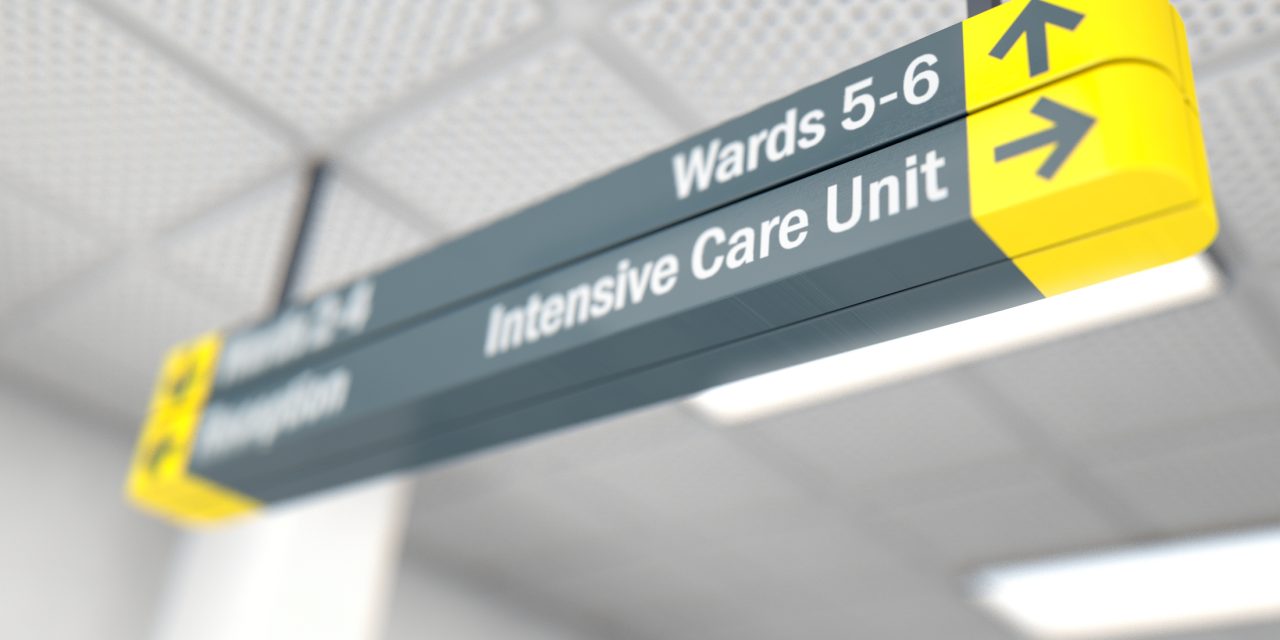Despite the high prevalence of Mycoplasma pneumoniae infections, reports on severe life-threatening M. pneumoniae pneumonia (MPP) in children are limited.
We retrospectively enrolled pediatric patients with PCR-positive MPP requiring ICU admission in a children’s hospital in Taipei, Taiwan from Jun 2010 to October 2019. Clinical manifestations and laboratory data of severe MPP were analyzed. Macrolide susceptibility was determined by genotyping, and its relationship with clinical manifestations was also analyzed.
Approximately 5% (34/658) children hospitalized for MPP required ICU admission. Compared with non-ICU cases (n = 291), ICU cases (n = 34) were associated with more underlying conditions, more pleural effusion, longer fever duration, longer hospital stay, the requirement of second-line antibiotic treatment, and delayed effective and second-line antibiotic treatment. Macrolide resistance was similar in ICU and non-ICU groups (53% vs 53%; p = 0.986). In severe MPP, patients requiring endotracheal intubation were associated with more septic shock, empyema, ARDS, prolonged fever after effective antibiotic treatment, delayed second-line and effective antibiotic treatment. In 18 of the 22 patients with pleural fluid analysis, the pleural effusion was alkaline (pH > 7.7) and lymphocyte-predominant.
M. pneumoniae infection can cause severe life-threatening pneumonia in children. Delayed effective and second-line antibiotic treatments are associated with severe life-threatening MPP.
Copyright © 2020 Formosan Medical Association. Published by Elsevier B.V. All rights reserved.
Severe Mycoplasma pneumoniae pneumonia requiring intensive care in children, 2010-2019.


